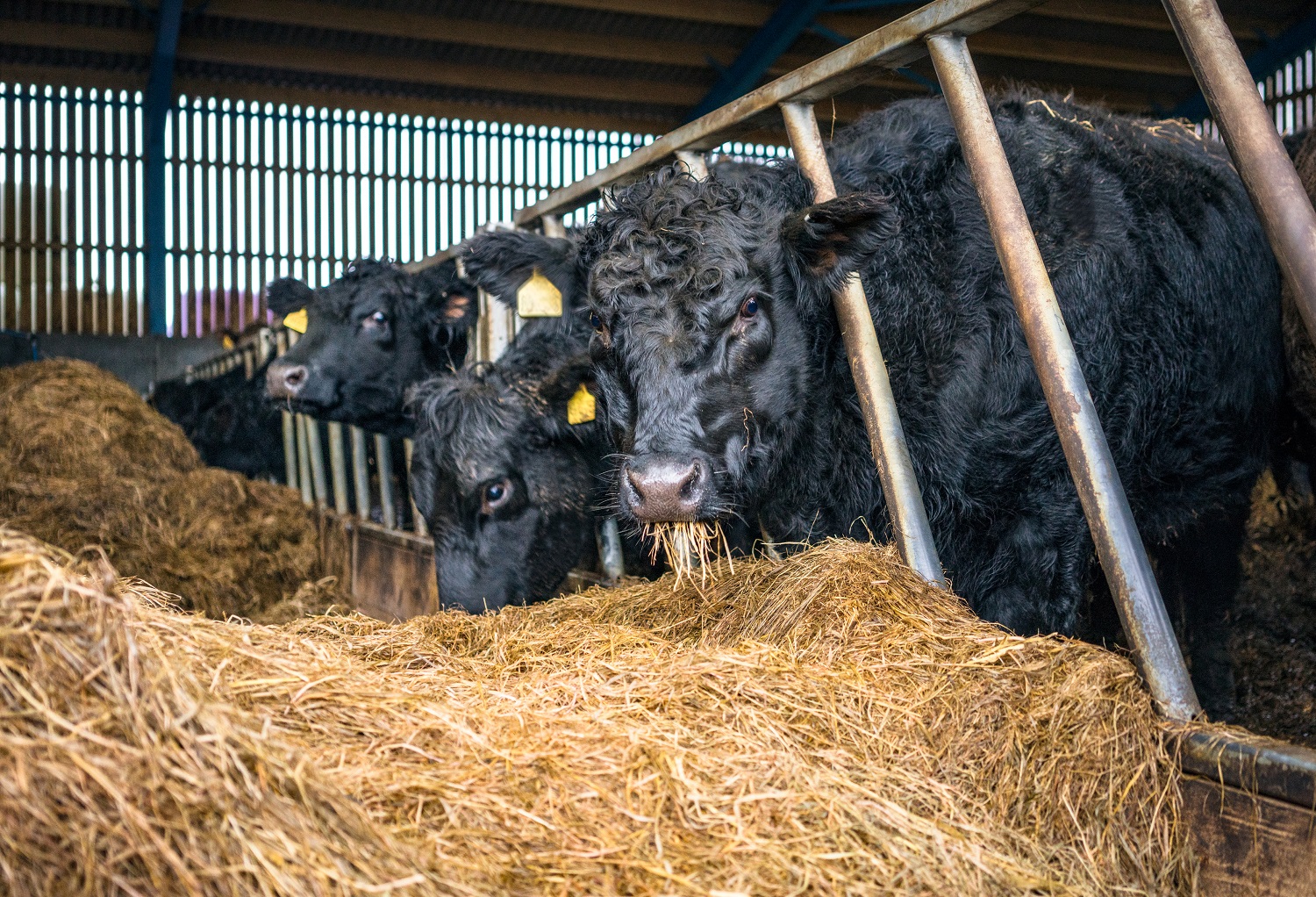Should you consider a change to your farming arrangements?

Jane Mitchell
Business Advisory Director & Rural Specialist
26 November 2019
The current uncertainty in agriculture and the quest for farmers to continue to make profit on their agricultural units often brings the question of whether a change to their current farming arrangement is an option. There are a number of different arrangements available.
Contract farming
Contract farming agreements govern the profit split of contract farming arrangements. The contractor receives payment for the work done. The farmer receives a share of the profit each year, normally shown as income within their current farming business accounts. A separate account of the income and expenses of the enterprise management is kept and an annual set of accounts produced each year for this business. The proportion of profit gained from the enterprise management is disclosed annually within the benefiting parties tax returns.
Licensing
Agricultural licences tend to run as short-term agreements such as grazing lets where a tenancy is not appropriate. For longer term agricultural occupation, tenancy law protects the interests of landlords and tenants, where a licence may not.
The business of letting is a tax deductible expense for the business where the lessee’s business is taxable. The expense is disclosed within the annual accounts of the business, the profits on which are taxed annually.

Tenancies
A tenancy can be run through any business vehicle. The most common are:
- A sole trader – where one individual is trading alone;
- A partnership – where two or more people are in business together;
- A limited company – where the business is incorporated, shares are issued and these shares are purchased by those that wish to own the company.
Each of these vehicles produce a set of annual accounts. Taxable profits are then assessed to tax.
Sole traders and partners within a partnership are assessed to tax as individuals via income tax (currently there are five Scottish tax bands from 19% - 46% for 2019/2020). Limited companies are assessed to tax on corporation tax (rate currently 19% to 31/03/20).
Partnerships
Partnerships consist of a number of partners in a business, governed through a partnership agreement which sets out the partnership share of assets and profits. Two owners of a business constitute a partnership and each partner is taxed on their share of the partnership profits.
Accounts profits are adjusted for various items such as private use items, depreciation and capital allowances to arrive at the taxable profit. Each partner has a personal tax allowance (£12,500, 2019/20) which is set against annual taxable profits before the charge to tax is calculated.
Share farming
Share farming agreements govern the asset and profit split of share farming arrangements. Depending on which assets from each party within the agreement are used, the share of the income and expenses are divided up to give a return on the assets or the work put into the enterprise. This split will give the share of income and expenses derived from the enterprise attributable to each party within the share farming arrangement.
Each party in the share farming arrangement then accounts for their share of the income and expenses within their own annual tax return. The share farming profit and loss account in totality is not accounted for, it is the individuals within the share farming agreement that account for their part individually.
Contact us:
If you would like to discuss any aspect of the above, please get in touch with me, Jane Mitchell, or a member of the Business Advisory or Agriculture teams.